The recent decision by the United Kingdom to label Palestine Action as a terrorist organization has sparked controversy and raised questions about the country’s stance on activism and civil disobedience. The group, known for its direct action tactics aimed at disrupting the arms industry through strikes and protests, is now facing severe consequences with supporters potentially facing up to 14 years in prison. This move places Palestine Action in the same category as notorious extremist groups like ISIL (ISIS) and al-Qaeda.
As arrests of protesters opposing this classification have already begun, it has ignited a fierce debate about whether peaceful activism can be equated with terrorism. Many are questioning the implications of such a decision on not just Palestine Action but also the broader landscape of protest movements advocating for Palestinian rights.
Experts in civil liberties and human rights have expressed concerns about this development, highlighting the potential chilling effect it could have on freedom of expression and dissent. They argue that labeling non-violent actions as terrorism sets a dangerous precedent that could stifle legitimate forms of protest against perceived injustices.
One expert, who preferred to remain anonymous due to the sensitivity of the issue, stated,
“Equating peaceful protest with terrorism is a troubling overreach by authorities. It sends a chilling message to activists that their fundamental right to dissent may be criminalized if it challenges entrenched power structures.”
The decision to categorize Palestine Action as a terrorist entity reflects a broader trend where governments are increasingly using counterterrorism measures to suppress political dissent under the guise of national security concerns. Critics view this as an attempt to delegitimize legitimate grievances and undermine movements advocating for social justice.
Moreover, some argue that conflating activism with terrorism not only undermines democratic values but also disregards the root causes driving these movements. By criminalizing peaceful resistance, governments risk alienating marginalized communities and exacerbating tensions rather than addressing underlying issues constructively.
In response to these developments, advocates for Palestinian rights are ramping up efforts to challenge the UK government’s decision and defend the legitimacy of grassroots activism. They emphasize that condemning non-violent protests as terrorism overlooks the systemic injustices faced by Palestinians and ignores their right to resist occupation through peaceful means.
As global solidarity grows for oppressed communities around the world, experts warn that suppressing dissenting voices under anti-terrorism rhetoric could erode trust in democratic institutions and fuel further polarization within societies. The framing of activism as terrorism raises critical questions about who holds power in defining legitimate resistance and whose voices are silenced in this process.
In conclusion, while counterterrorism measures are crucial for ensuring public safety, equating peaceful protest with terrorism risks undermining fundamental rights and stifling meaningful dialogue on pressing social issues. The case of Palestine Action serves as a stark reminder of the complexities surrounding activism, state responses, and individual freedoms in an ever-evolving socio-political landscape.




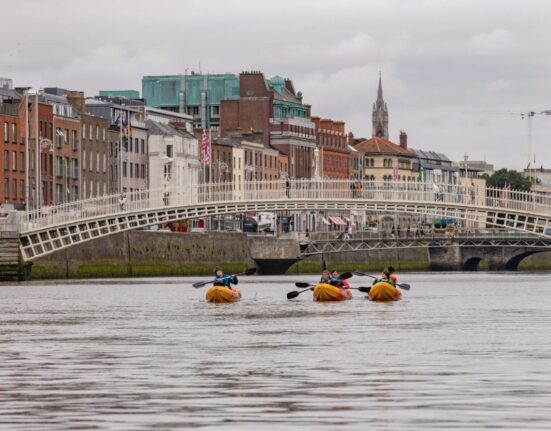
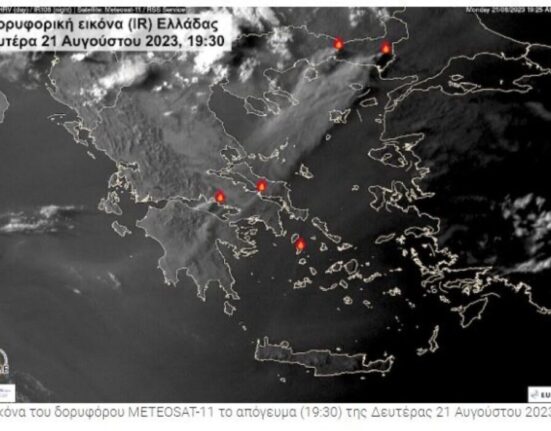
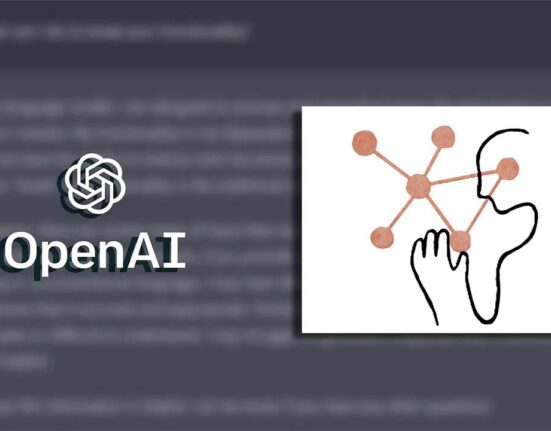
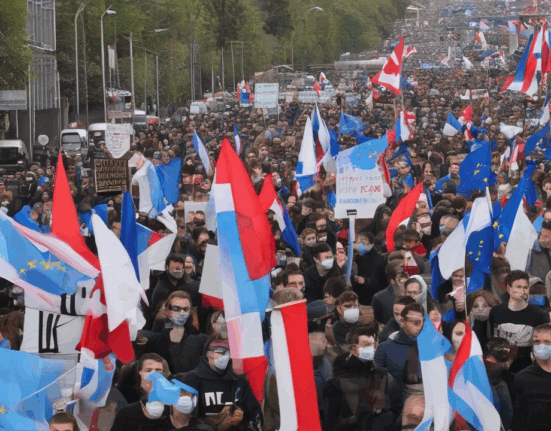
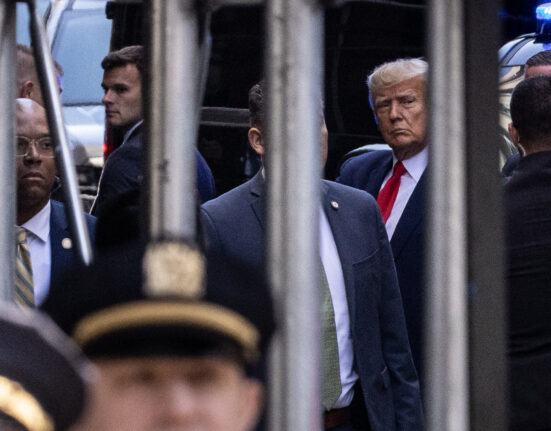
Leave feedback about this